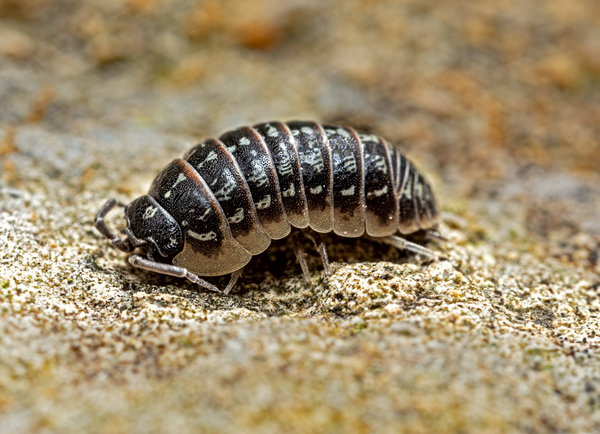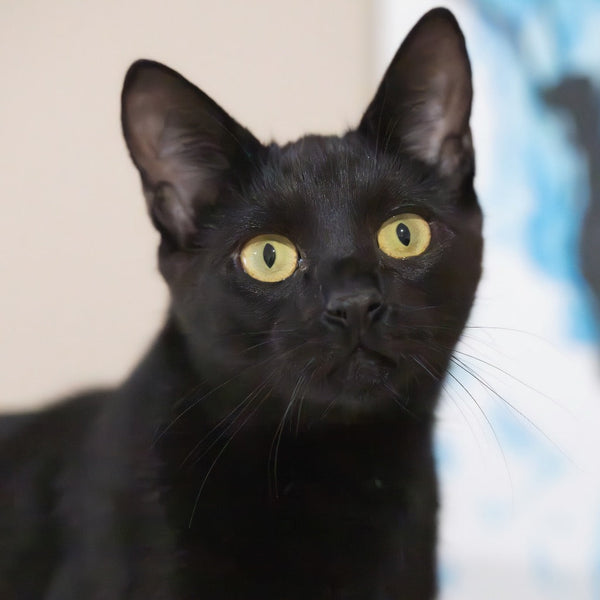There are a lot of calcium supplements on the market, many of which offer two formulations: those with D3 and those without D3. So, which one should you be using for your reptile?
-
What is D3?
D3 is a vitamin that allows your reptile to absorb calcium properly and effectively. Without it, calcium will not be processed. This lack of proper calcium processing leads to metabolic bone disease, which is the poor formation of the skeletal structure, and can lead to a host of other health issues.
-
How do we provide D3?
In the wild, the ultraviolet radiation from the sun allows reptiles to synthesize their vitamin D3. We’re unable to provide access to natural, unfiltered sun rays for our pets in captivity on a daily basis, especially here in Canada, which means we have two other ways to provide them with their D3 needs: supplements inclusive of D3, or UVB lighting.
-
Who needs D3 and who needs UVB?
While many people hold the opinion that all reptiles can benefit from the use of UVB, and while those findings prove true, it’s not necessary for nocturnal reptiles. In most cases, nocturnal species are supplied enough vitamin D3 through supplementation alone. UVB can still be offered but is not required; PangeaCal with D3 is great for nocturnal species. Diurnal lizards do, however, require UVB, and UVB given at the correct strength will allow them to synthesize D3 on their own—when supplementing diurnal species food PangeaCal without D3 is a better option. D3 supplements for diurnal lizards are not processed effectively, meaning they’re simply not required whereas UVB is a must.
-
Which UVB strength is the right strength?
When it comes to proper UVB supplementation, there are a few factors that go into it: height and width of the tank, and the UVB strength of the bulb. In general, it is always best to use a UVB light that spans the entire length of the tank to allow exposure wherever the reptiles may be. To keep things simple, we’ll focus on the strength of the UVB without factoring in tank height as most arboreal species will stay in the top half of the tank, and terrestrial species are typically kept in lower height tanks offering good exposure.
Arcadia 14% D3+ Dragon—Best suited for reptiles with high UVB requirements in large or taller enclosures such as bearded dragons, blue-tongued skinks, frilled lizards, agamids, Uromastyx, turtles, tortoises, and similar species.
Arcadia 12% D3+ Desert / Zoo Med ReptiSun 10.0—Best suited for reptiles with high UVB requirements in lower or more minimally sized enclosures such as bearded dragons, blue-tongued skinks, frilled lizards, agamids, Uromastyx, turtles, tortoises, and similar species.
Arcadia 6% D3 Forest / Zoo Med Reptisun 5.0—Best suited for reptiles with medium UVB requirements such as chameleons, day geckos, iguanas, water dragons, and other tropical reptiles that tend to dwell in more forested areas.
If you would like to keep UVB on your nocturnal reptiles, you can use the Arcadia 6% D3 Forest or Zoo Med Reptisun 5.0; you just want to ensure to add some more height between the reptile and the bulb, as UVB can be overdone. You can also source lower % UVB bulbs specifically for them.
Be sure to keep up with the replacements rate on your UVB bulbs to ensure maximum efficiency and health for your reptile, and ensure your placement is proper as UVB does not penetrate glass or plastics well. If you’re still unsure of what UVB you should use or if your reptile requires it, check out this great lighting guide from Arcadia: Arcadia Lighting Guide




